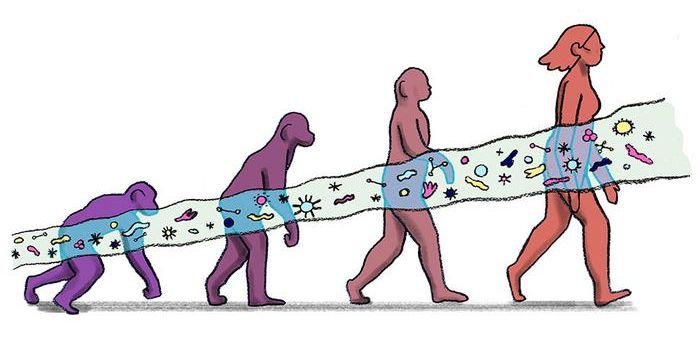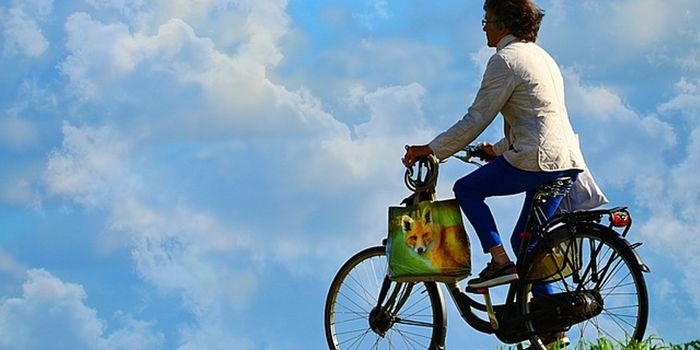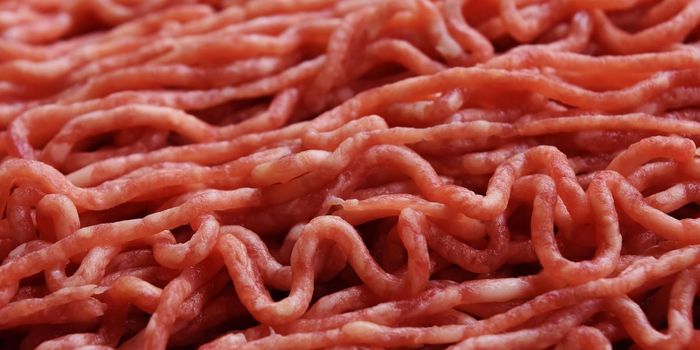COVID-19 Exposure in the Womb Doesn't Increase Autism Risk

Children in the womb during the first stages of the COVID-19 pandemic are now reaching an age at which early indicators of autism develop. As infection and stress during pregnancy can increase the risk of autism in offspring, clinicians, researchers, and developmental scientists have been worried that the pandemic would bring forth an uptick in rates of autism.
To understand more about this topic, researchers examined data from toddlers born before and during the COVID-19 pandemic. They included 1664 children born at New York-Presbyterian's Morgan Stanley Children's Hospital and Allen Hospital between January 2018 and September 2021. Parents filled in a neurodevelopment screening questionnaire to evaluate their toddlers’ behavior between 16 and 30 months of age. The researchers compared scores for children born during and prior to the pandemic, and for children with and without in utero exposure to SARS-CoV-2.
Ultimately, they found no difference in early signs of autism in children born before or during the pandemic. They also found no difference in positive autism screenings among those with and without exposure to maternal SARS-CoV-2 infection. In fact, they found that fewer children exposed to SARS-CoV-2 in the womb screened positive for autism than those whose mothers did not have SARS-CoV-2.
"We suspect that having COVID during pregnancy may have influenced parents' assessment of their child's behaviors," said Dani Dumitriu, associate professor of pediatrics and psychiatry at Columbia University Irving Medical Center, in a press release.
"Parents who did not have COVID may have experienced higher stress -- due to the constant worry of getting sick and the vigilance around preventing infection -- and may have been more likely to report concerning child behaviors," she noted.
Dumitriu added that while it is too early to have definitive diagnostic numbers, she thinks it is unlikely that an uptick in autism related to SARS-CoV-2 will occur. The researchers intend to follow the children as they age to continue monitoring autism diagnoses.
Sources: Science Daily, JAMA Network Open








